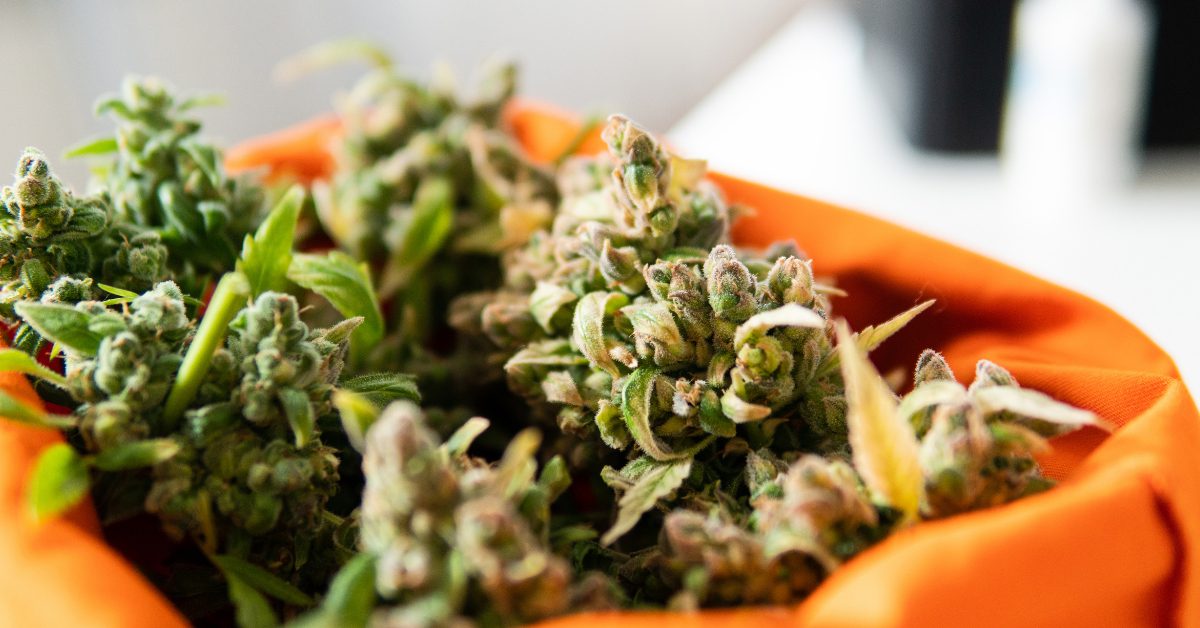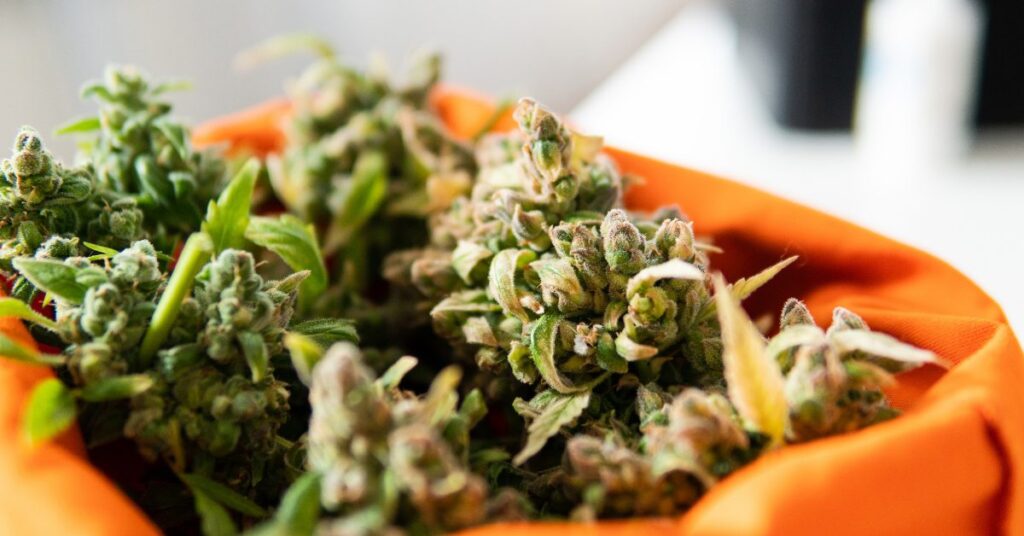How Long Does Marijuana Stay in Your System?
Marijuana is one of the most used drugs in the United States, the THC in it can create a high feeling, how long does this drug stay in your system?
Marijuana is a psychoactive drug from the Cannabis plant. The cannabis plant is native to Central Asia and the Indian subcontinent. It has been used both as a recreational and as traditional medicine since ancient times. The ingredient in Marijuana that causes someone to get high is tetrahydrocannabinol or THC. Depending on the amount of THC and mode of administration will predict how intense the effects will be. Marijuana is addictive, and many people cannot stop using it despite its harmful consequences. Marijuana is the third most abused drug after nicotine and alcohol. 
What Are The Types Of Marijuana?
Depending on the type of Cannabis plant the Marijuana comes from, it can be divided into two major categories, Indica and Sativa. These two original strains of Marijuana are also now being mixed by marijuana farmers, both legal and illegal. They create different formulations of Marijuana, and they are known as hybrids. Sativas are known for their stimulating, energizing effects. They have a reputation for reducing anxiety and making someone more creative and more focused. Indica’s are rumored to produce full-body effects such as deep relaxation and reduced insomnia. Interestingly the two types are often preferred by one group over the other. There is, unfortunately, limited research investigating these matters.
How Long Does Marijuana Stay in Your System?
Marijuana remains in your system for various amounts of time depending on many factors, such as how much THC is in the Marijuana, how often and how much you use. The drug can stay in your system for a month or longer if you use it every day. The most important determining factor is the amount of THC. Regular use will increase the level of THC in your blood or urine. Again, the amount of THC in Marijuana affects how long the body takes to metabolize the drug. Other factors can influence how long Marijuana stays in your system. Those factors include:
- Overall Health
- Other Drug or Alcohol Use
- Type of Marijuana used (edibles vs. inhalation)
- Water Intake
What Does Marijuana Addiction Look Like?
In the United States, Marijuana is one of the most widely used drugs, and abusing it can lead to serious health complications and other problems. There are some signs to watch out for that suggest a person might be addicted to Marijuana:
- Cravings For Marijuana
- Loss of Interest in Other Activities that don’t involve Marijuana Use
- Experiencing Withdrawal Symptoms (Irritability, Trouble sleeping, Decreased appetite, Restlessness)
- Increased Tolerance and Needing to Use More
- Getting Into Legal trouble Because of the Marijuana
- Using other drugs and drinking alcohol on Marijuana
What Does The Research Say About Marijuana Addiction?
The National Institute of Drug Abuse reports that Marijuana addiction is significant and that most people who are addicted to it are young. They also describe marijuana detox symptoms.
“Marijuana use can lead to the development of problem use, known as Marijuana, use disorder, which takes the form of addiction in severe cases. Recent data suggest that 30% of those who use marijuana may have some degree of marijuana use disorder. People who begin using marijuana before 18 are four to seven times more likely to develop a marijuana use disorder as adults. People who use marijuana frequently often report irritability, mood and sleep difficulties, decreased appetite, cravings, restlessness, and various forms of physical discomfort that peak within the first week after quitting and last up to 2 weeks.” (NIDA)
What Treatment Programs Are Most Effective For Marijuana Addiction?
Marijuana addiction treatment options are similar to those offered for alcohol and other drug addictions—the use of evidence-based therapies such as cognitive-behavioral therapy, motivational interviewing, behavioral counseling. Additionally, the twelve-step philosophy, holistic treatment, and regular psychiatric assessments help people get and remain drug-free. Individualized treatment programs are also necessary to provide the person with in-depth therapy and comprehensive care. We provide access to personalized treatment for marijuana addiction. Call now for information and to get access to an evidence-based marijuana rehab today.


